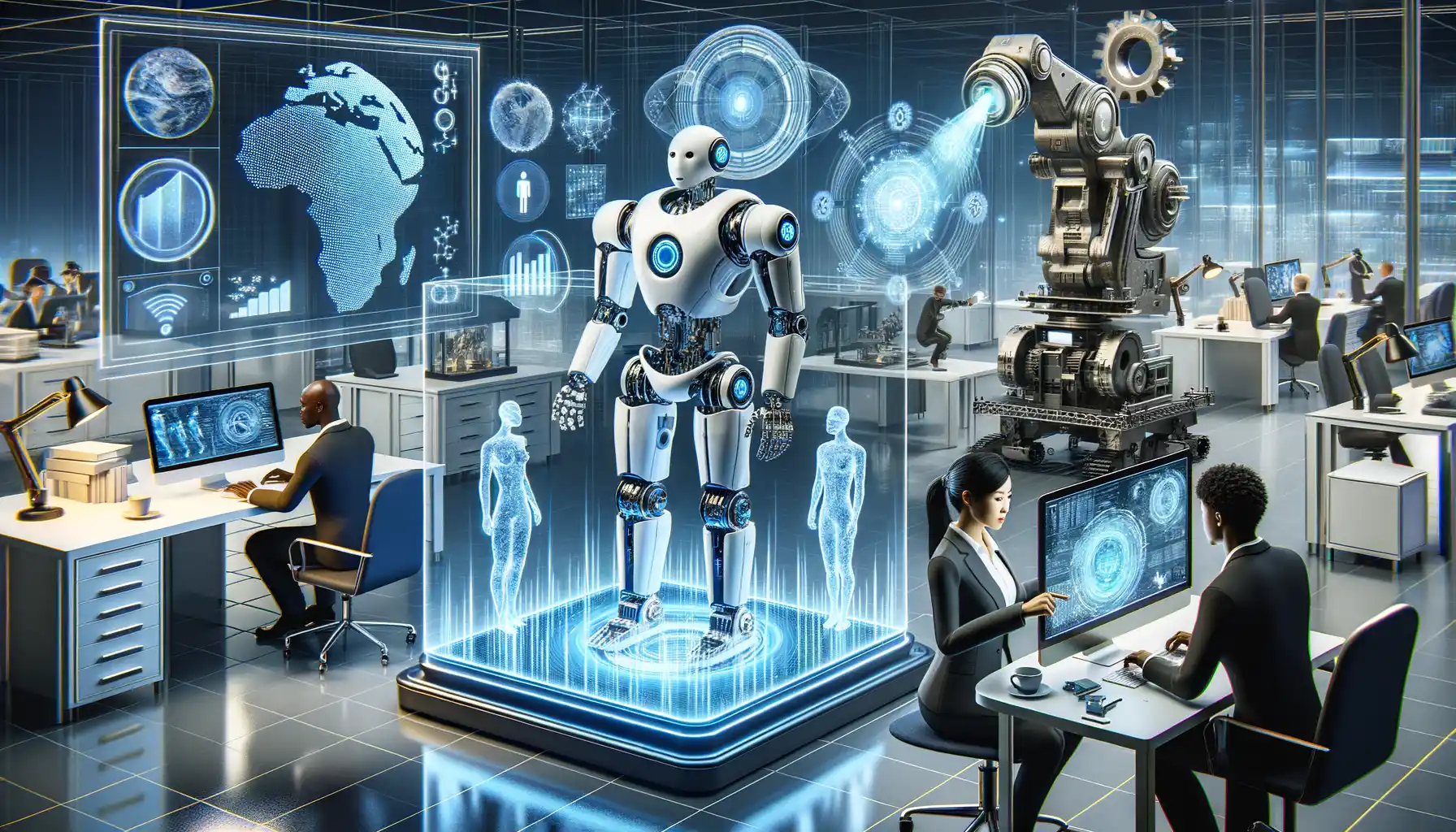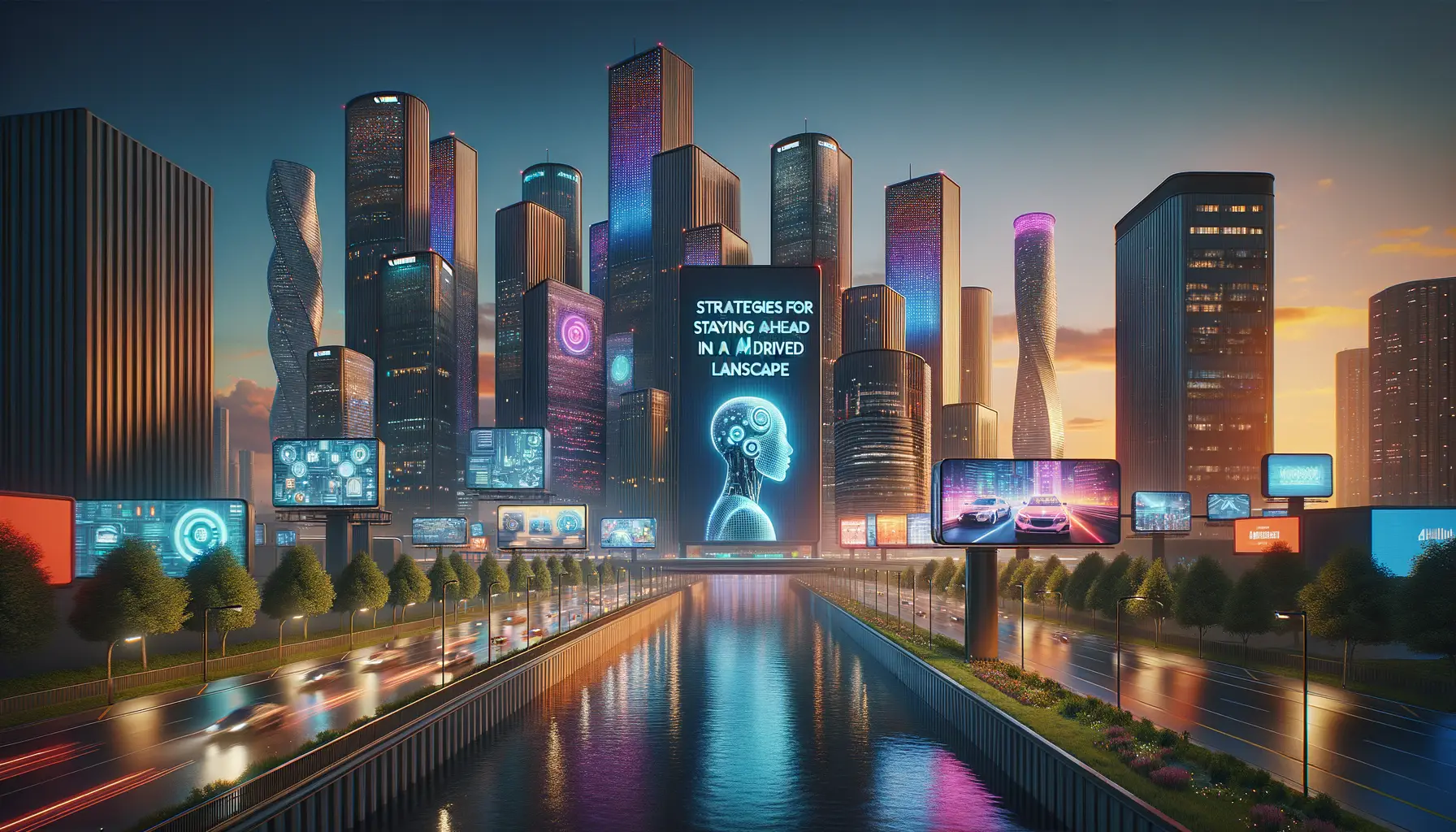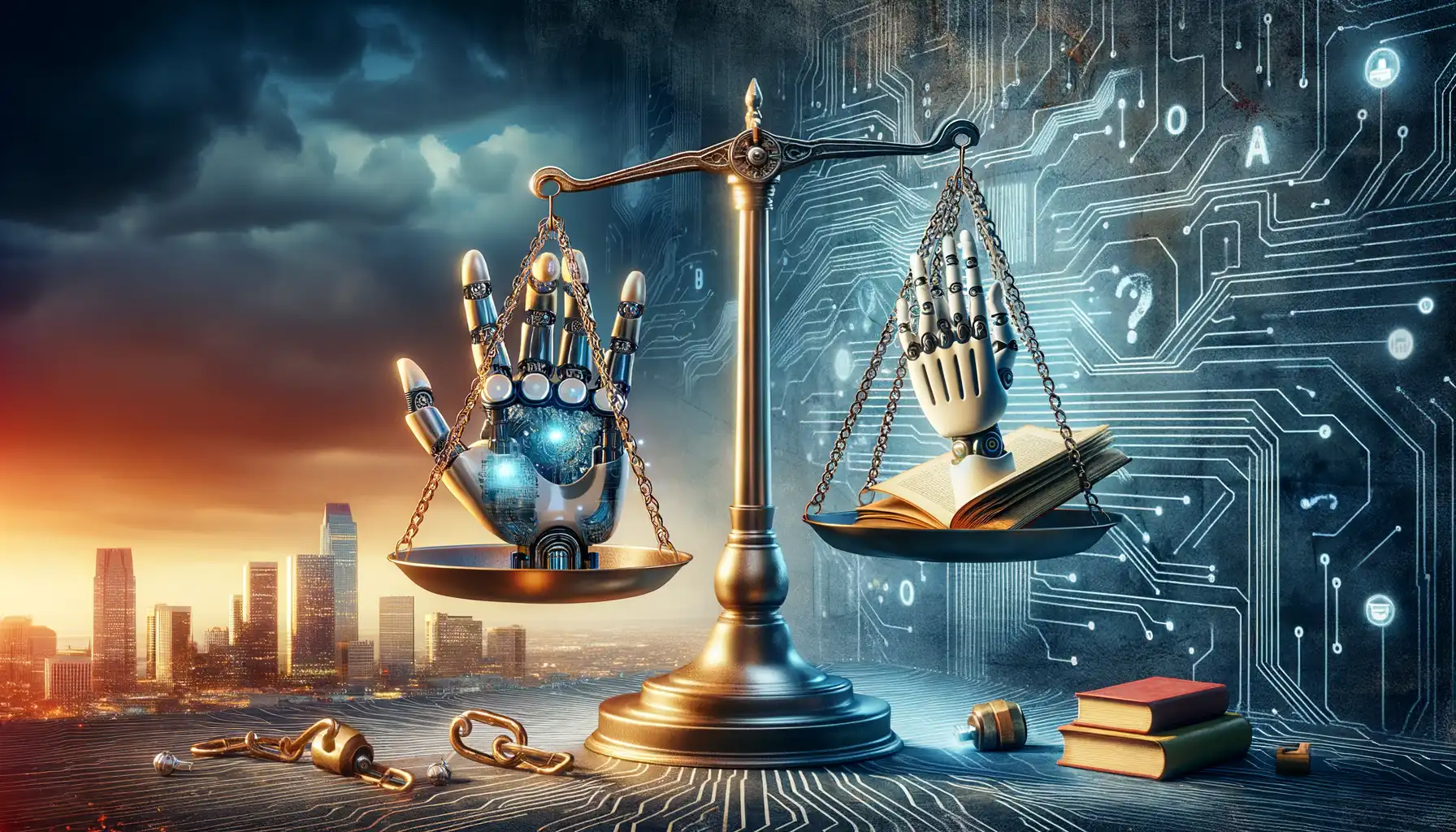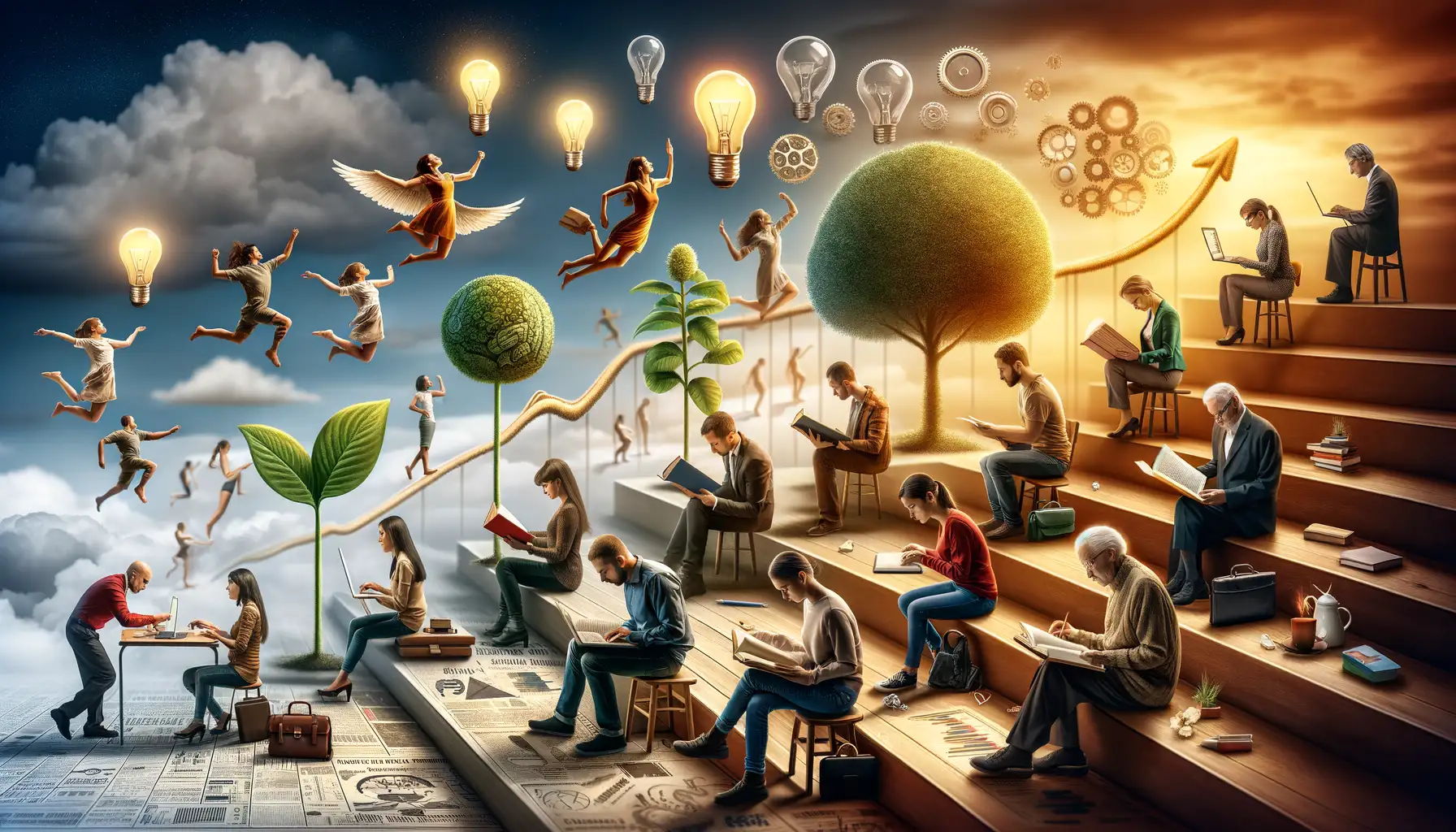Understanding AI’s Impact on the Workforce
How AI Is Shaping Work as We Know It
Picture this: you walk into the office, and your favorite software has just been upgraded to include a shiny new AI feature. It analyzes your tasks, predicts deadlines, and even drafts personalized emails. Feels like magic? That’s the transformative power of artificial intelligence, quietly reshaping the modern workforce.
AI isn’t just about robots taking over; it’s a full-on collaborator in many industries. For creative professionals, tools like ChatGPT or Adobe Firefly can provide inspiration, automate tedious edits, or even construct an entire marketing concept. Meanwhile, industries like finance and healthcare are leveraging AI for jaw-dropping efficiencies: cutting hours of analysis into seconds.
- In manufacturing, predictive maintenance prevents costly machine breakdowns.
- For customer service, chatbots like Zendesk AI are handling queries 24/7 with empathy built right in.
- Even retail is going smart, with AI algorithms curating product suggestions tailored just for you.
But it’s not without its challenges—more on that later. Right now, think of AI as a co-pilot for your career. Instead of replacing you, it’s like upgrading the tools in your toolbox with ones you didn’t even know you needed.
Essential AI Tools Transforming Modern Work

Revolutionary Tools Redefining Your Daily Grind
Imagine walking into your workspace with a personal assistant that never sleeps, never drops the ball, and masters everything from crunching numbers to writing flawless reports. Sounds futuristic, right? Well, welcome to the world of AI tools reshaping modern work. These aren’t just fancy add-ons; they’re lifelines for efficiency and creativity.
Let’s talk specifics. Think about Grammarly—that friend who catches your every typo and polishes your tone until it sparkles. Or Notion AI, which feels like having a brainstorming buddy that’s always on call. It drafts, organizes, and even suggests ideas when your brain decides to go on vacation mid-project. And we can’t forget tools like ChatGPT, capable of answering complex questions, creating content, or generating fresh ideas with the flair of an expert storyteller.
- Zapier: Automates repetitive tasks in seconds, connecting apps so you never miss a beat.
- Otter.ai: Turns meeting chaos into organized notes faster than you can say, “Wait, what was that again?”
These aren’t just tools—they’re your backstage crew, quietly elevating your performance while you take center stage.
Strategies for Staying Ahead in an AI-Driven Landscape

Unlock the Power of Adaptability
Change is no longer a wave; it’s a tidal force, powered by the relentless surge of artificial intelligence. To thrive in this AI-driven whirlwind, the key is adaptability—not just bending but reshaping yourself like clay on a potter’s wheel. Start by cultivating a curious mindset. Instead of fearing new tools like ChatGPT, think of them as coworkers—ones that never sleep or complain about deadlines! The real magic lies in learning how to collaborate with these tools, using them to supercharge your creativity rather than replace it.
Here’s a quick cheat sheet for staying sharp:
- Micro-learning moments: Dedicate 15 minutes a day to exploring emerging trends in AI—platforms like Medium or Coursera are goldmines of insights.
- Experiment fearlessly: Whatever your field, test an AI tool tailored to your industry. Writer? Try Jasper AI. Marketer? Dive into HubSpot’s AI tools.
- Seek idea collisions: Network with people outside your bubble. A graphic designer’s take on your AI challenges can be surprisingly eye-opening.
Think Beyond the Tools
AI mastery isn’t just about knowing your way around tools—it’s about thinking bigger. What problems can you solve more efficiently? Imagine being a chef who suddenly gets access to a time machine, not only speeding up cooking but also peeking at future food trends. That’s the potential of today’s technology. Instead of just automating boring tasks, envision how AI can redefine your role.
For example, picture a recruiter who uses AI to scan resumes faster but takes the extra time saved to craft personalized outreach messages. It’s about infusing humanity, ironically, into the very spaces where machines excel. Remember, while AI works in ones and zeroes, the future belongs to those who can weave in moments of surprise and delight.
Challenges and Ethical Considerations in AI Adoption

Walking the AI Tightrope: Risks on the Path to Progress
The allure of adopting artificial intelligence can feel like discovering a treasure chest—but beware, it’s locked with a tricky puzzle. While AI promises incredible advancements in productivity and innovation, the road to implementation is riddled with challenges that demand our sharpest thinking and, yes, our moral compass.
For starters, data isn’t just numbers; it’s deeply personal. AI systems thrive on vast amounts of information, but what happens when that data crosses into private territory? Striking a balance between leveraging data for useful insights and ensuring people’s privacy feels akin to walking a tightrope without a safety net.
And let’s not forget about biases—those sneaky little gremlins hiding in algorithms. AI can unintentionally reflect the prejudices buried in the data it’s trained on. This could lead to unfair hiring decisions or unintentionally favoring certain groups over others.
- How do we detect and squash these biases?
- What safeguards ensure AI enhances fairness instead of sabotaging it?
Adoption also stirs up fears among workers. Will algorithms replace human skill and creativity? The answer doesn’t come easy, but it lies somewhere between smart planning and ethical action.
Preparing for the Future: Skills and Mindsets

Embracing Change with a Growth Mindset
The future isn’t a far-off destination—it’s shaping itself right now. And to thrive in a world increasingly touched by AI innovation, we need more than technical know-how; we need adaptable, resilient minds ready to navigate uncharted waters. It starts with a powerful tool you already have: your mindset.
Picture this: The workplace is suddenly buzzing with AI-powered systems analyzing data at lightning speed or automating time-consuming tasks. It’s exciting but can feel overwhelming. In these moments, adopting a growth mindset—believing that skills can be developed through effort—makes all the difference. Instead of fearing change, you see opportunities to upskill, collaborate with AI, and tackle bigger, bolder projects.
Future-Proof Skills You Can Build Today
While AI handles repetitive tasks, it leaves room for us to shine where machines can’t rival human creativity. Focus on sharpening:
- Critical thinking: Break down problems like a detective, asking questions AI might not consider.
- Emotional intelligence: Cultivate empathy and connection—because understanding people will always be your superpower.
- Adaptability: Stay agile and open to learning new tools or adjusting workflows as tech evolves.
By balancing these essential skills with your ability to embrace technology, you won’t just survive the future—you’ll redefine it on your terms.
